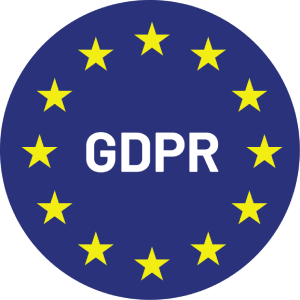Among big tech platforms, Apple has taken a leadership role with respect to privacy. They’ve restricted third-party cookies, shifted IDFA to an opt-in model, and introduced Privacy Nutrition Labels. Google and Facebook are playing catch up.
And now, with the upcoming release of iOS 15 this month, Apple will push the privacy envelope further, with new features that improve privacy protections, and give consumers more transparency and control over their data.
Following is a summary of key changes that brands and marketers can expect.
New Privacy Features in iOS 15
Mail Privacy Protection: In the Mail App, the Mail Privacy Protection feature will block invisible pixels that brands often use to track when users open an email. The feature will also mask each email recipient’s IP address so that it cannot be used as an identifier to track their activity across websites, or to determine their location. On top of that, the Intelligent Tracking Prevention feature in the Safari browser will also be upgraded to hide IP addresses. Together, these changes will undermine common personalization tactics based on information derived from a user’s email engagement and their IP address — such as time, weather, and location.
Hide My Email: A new service called iCloud+ will include Hide My Email — a feature that enables users to create unique, random email addresses that forward to their personal inbox. The feature (which will be built into Safari, iCloud settings, and the Mail App) makes it easy for users to keep their personal email address private, while still receiving email from brands. Moreover, users can delete addresses anytime they want, giving them control over which brands are able to contact them.
Private Relay: iCloud+ will also include a VPN-type service called Private Relay that protects user privacy when browsing with Safari. Private Relay automatically assigns an anonymous IP address that maps to the user’s region but not their actual location, and ensures that no single entity can identify both who a user is and which sites they visit.
App Privacy Report: A new App Privacy Report, which is part of an upgrade to App Tracking Transparency, will enable a user to see which apps they’ve granted permission to access their data (such as their location or contacts), how often each app accesses the permissioned data, and with which third parties an app may share their data. With this information, users may choose to change app permissions in Settings, or delete certain apps altogether.
Why Zero-Party Data Is Now a “Must Have”
Apple’s privacy innovation reflects broader trends in privacy regulation, data deprecation, and consumer sentiment.
Consumers overwhelmingly approve of the privacy features Apple rolled out in past operating system upgrades. According to a survey by SellCell, iPhone and iPad users were asked which feature of iOS 14.5 they liked best, and the number one choice was App Tracking Transparency. Plus, when asked if they agree with Apple’s new privacy policies, 73% said they agree.
iOS 15 will block behavioral, location and device signals that many marketers have come to rely on. And armed with features like Hide My Email, a growing number of consumers will simply block communications from brands that send irrelevant or unwanted email.
For brands and marketers, the writing is on the wall: it’s time to embrace the “privacy-first” era.
Like Apple, forward-looking brands see privacy as a strategic opportunity to build trust with customers. By adopting transparent and ethical data practices built around zero-party data, brands can understand customers better, and use that understanding to serve them better.
With zero-party data, brands can deliver highly-relevant, personalized experiences that customers actually want. After all, that’s why customers share zero-party data in the first place.
Want to learn how Wyng can help you collect and use zero-party data? Check out these examples, or contact us for a live demo of our platform.








